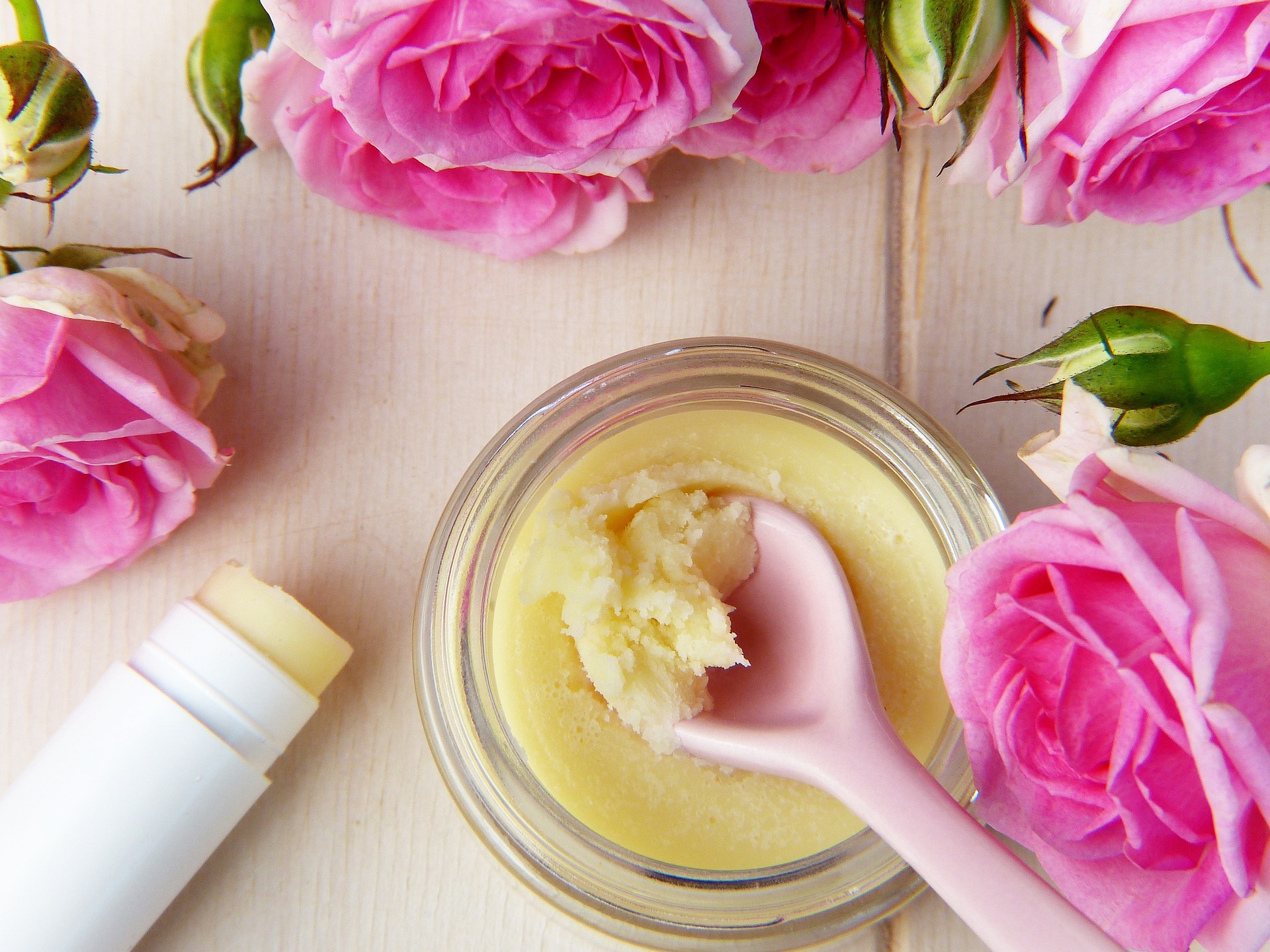Beeswax Beauty: Nature's Golden Elixir for Skin and Hair
In the ever-evolving world of beauty and wellness, a humble yet powerful ingredient has been quietly making waves: beeswax. This golden substance, produced by nature's most industrious insects, has been used for centuries in various cultures for its remarkable properties. Today, as consumers seek natural and sustainable alternatives to synthetic beauty products, beeswax is experiencing a renaissance in the skincare and haircare industries. Its versatility, combined with its eco-friendly credentials, has positioned beeswax as a rising star in the beauty world, offering a multitude of benefits for skin, hair, and overall well-being.
The composition of beeswax is complex, containing over 300 different compounds. Its primary components include long-chain alcohols, acids, and hydrocarbons, which contribute to its unique properties. This natural marvel is rich in vitamin A and contains antibacterial and anti-inflammatory properties, making it an ideal ingredient for skincare and haircare formulations.
A Historical Perspective on Beeswax in Beauty
The use of beeswax in beauty and wellness practices dates back thousands of years. Ancient Egyptians were among the first to recognize its potential, using it in cosmetics, perfumes, and even in the mummification process. In ancient Greece and Rome, beeswax was a key ingredient in skin ointments and hair pomades. Throughout history, various cultures have incorporated beeswax into their beauty rituals, recognizing its ability to protect, nourish, and enhance the appearance of skin and hair.
In recent years, the beauty industry has seen a resurgence of interest in natural and traditional ingredients. This trend, coupled with increased awareness of environmental issues, has led to a renewed appreciation for beeswax. Its sustainable nature and multifaceted benefits align perfectly with modern consumers’ desires for effective, eco-friendly beauty solutions.
The Skin-Loving Properties of Beeswax
Beeswax offers a myriad of benefits for the skin, making it a valuable ingredient in various skincare products. Its occlusive properties create a protective barrier on the skin, helping to lock in moisture and shield against environmental stressors. This makes beeswax particularly effective in treating dry, chapped skin and protecting against harsh weather conditions.
Moreover, the anti-inflammatory and antibacterial properties of beeswax make it an excellent choice for those with sensitive or acne-prone skin. It can help soothe irritation, reduce redness, and promote healing. Some studies suggest that beeswax may even have mild UV-protective properties, although it should not be relied upon as a sole form of sun protection.
One of the most significant advantages of beeswax in skincare is its ability to act as a natural emulsifier. This property allows it to bind water and oil together, creating stable, creamy textures in lotions, creams, and balms. As a result, beeswax-based products often have a luxurious, smooth feel that many consumers find appealing.
Beeswax in Hair Care: A Natural Solution
While less well-known for its haircare benefits, beeswax is gaining recognition as a versatile ingredient for maintaining healthy, styled hair. Its ability to form a protective coating around hair strands makes it an effective sealant, helping to lock in moisture and prevent frizz. This property is particularly beneficial for those with dry, damaged, or curly hair types.
In styling products, beeswax provides hold without the stiffness often associated with synthetic alternatives. It can add texture and definition to hairstyles while maintaining a natural, pliable feel. For those seeking to tame flyaways or smooth edges, beeswax-based pomades and edge control products offer a gentle yet effective solution.
Furthermore, the nourishing properties of beeswax can contribute to overall hair health. Its vitamin A content may help strengthen hair follicles, while its moisturizing abilities can improve hair’s elasticity and reduce breakage. Some hair care experts suggest that regular use of beeswax-infused products can lead to shinier, more manageable hair over time.
Sustainable Beauty: The Environmental Impact of Beeswax
In an era where sustainability is at the forefront of consumer concerns, beeswax stands out as an environmentally friendly option in the beauty industry. Unlike many synthetic ingredients derived from petrochemicals, beeswax is a renewable resource that can be harvested without causing long-term damage to ecosystems when done responsibly.
The production of beeswax also supports beekeeping practices, which are crucial for maintaining healthy bee populations. Given the vital role bees play in pollination and biodiversity, choosing beeswax-based products can indirectly contribute to broader environmental conservation efforts.
Moreover, the natural biodegradability of beeswax means that products containing this ingredient are less likely to contribute to environmental pollution. This aligns with the growing demand for eco-conscious beauty options and positions beeswax as a key player in the sustainable beauty movement.
Innovations and Future Trends in Beeswax Beauty
As the beauty industry continues to evolve, researchers and formulators are finding new and innovative ways to harness the power of beeswax. One emerging trend is the development of waterless beauty products, where beeswax serves as a crucial ingredient in solid formulations. These products, ranging from solid shampoos to moisturizing bars, offer a more concentrated and travel-friendly alternative to traditional liquid products while reducing water consumption and packaging waste.
Another area of innovation lies in combining beeswax with other natural ingredients to create synergistic formulations. For example, blending beeswax with plant-based oils and butters can result in highly effective, all-natural skincare products that cater to specific skin concerns.
The future of beeswax in beauty also involves sustainable harvesting practices and ethical sourcing. Many brands are partnering directly with beekeepers to ensure fair trade practices and support local communities. Some companies are even exploring ways to create vegan alternatives that mimic the beneficial properties of beeswax, catering to consumers who prefer plant-based options.
As consumers become increasingly educated about ingredient sourcing and environmental impact, the demand for transparent, ethically produced beeswax products is likely to grow. This shift may lead to more rigorous standards in beeswax production and a greater emphasis on traceability in the beauty supply chain.
In conclusion, beeswax represents a harmonious blend of tradition and innovation in the beauty industry. Its natural origins, versatile properties, and sustainable credentials make it a compelling choice for conscious consumers and forward-thinking beauty brands alike. As we continue to seek balance between efficacy and environmental responsibility in our beauty routines, beeswax stands poised to play an increasingly significant role in shaping the future of natural, sustainable beauty.






